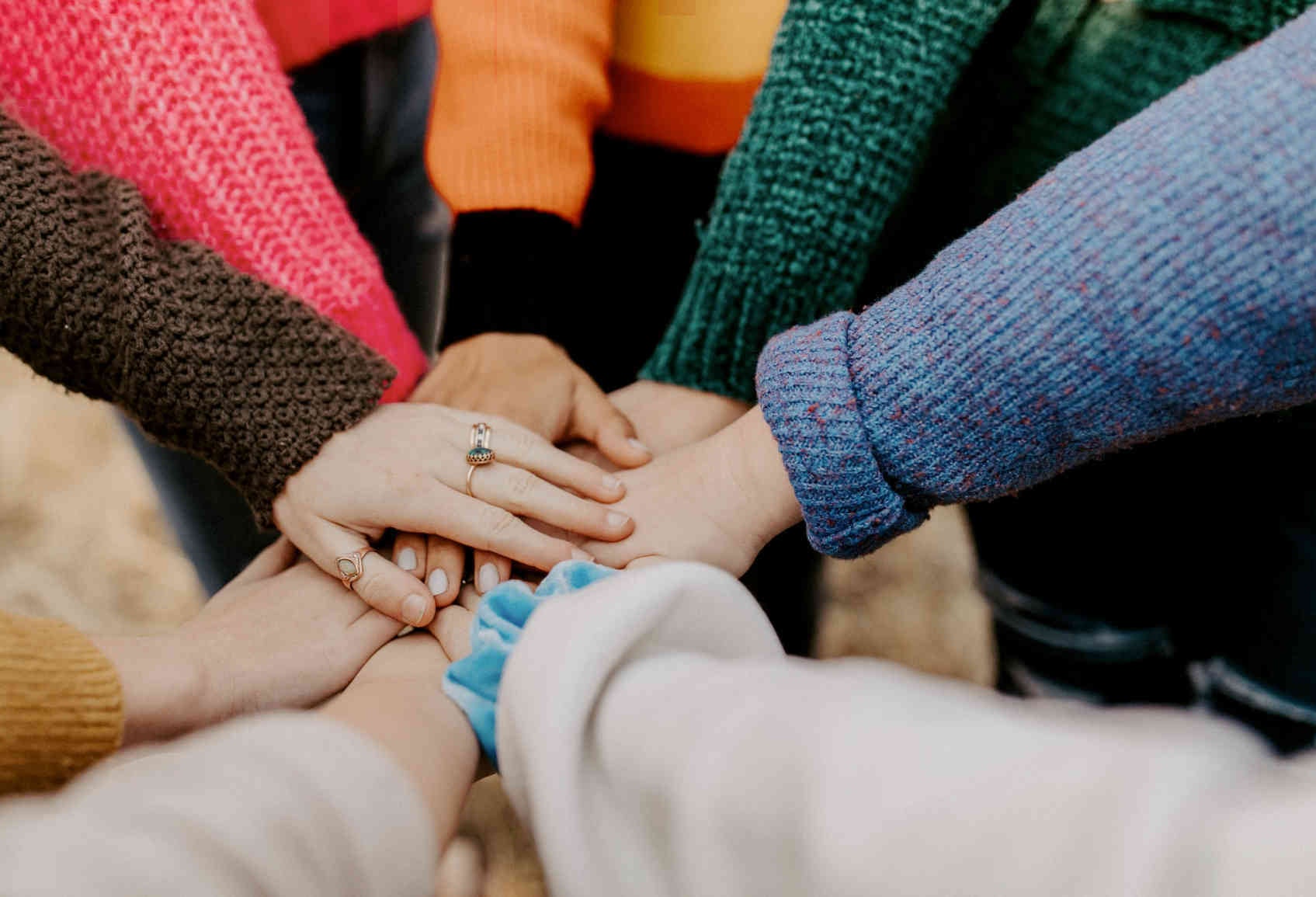Skills for Life are essential competencies that enable people to adapt, learn and thrive in an ever-changing world. They can be developed at all educational levels and include foundational skills, 21st century skills, advanced cognitive skills and skills for work.

Foundational skills, which include literacy, mathematics and natural science, are essential for laying the foundation for lifelong learning. These skills are interrelated and crucial to lifelong educational development.

21st century skills are those that enable people to reinvent themselves and adapt to an ever-changing environment. These skills are key to thriving in diverse situations and discovering opportunities for lifelong growth.

Skills for work are the competencies that enable people to find, keep and advance in their career path. These skills begin to be developed in secondary school, continue in post-secondary school, and should continue to be developed throughout life after graduation.

What cannot be measured, cannot be improved. At the IDB, we promote the measurement of skills through reliable instruments that foster the development of skills of children and youth in our region. Discover the CLIC platform and learn on key measurement topics.

Skills HUB
We promote an ecosystem of knowledge and best practices for skills development in the education systems of the region.
Find practical guides on Skills for Life: definitions, measurement, and effective strategies to develop them.
(Content available in original language)




